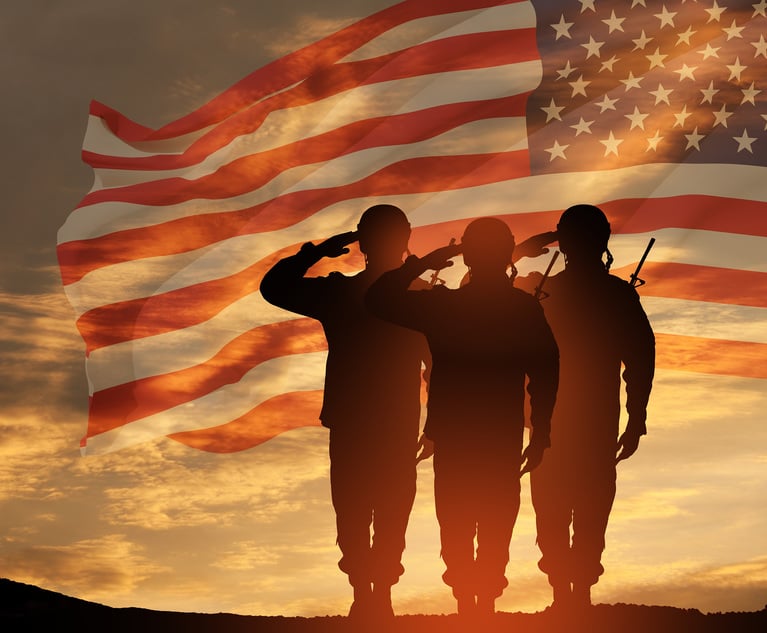Terrorism Attack WorsensIndustry Talent Crunch
|New Orleans
|The “single biggest issue” facing the insurance business todayis a shortage of intellectual capital–a problem exacerbated by themassive loss of life suffered in the World Trade Centerdestruction, says Alice Schroeder, executive director and insuranceindustry analyst for New York-based Morgan Stanley Dean Witter.
|The erosion is a legacy of a long soft market when the insurancebusiness failed to invest in talented people, she told the annualconvention of the Des Plaines, Ill.-based National Association ofIndependent Insurers here last week.
|Now, in the wake of the World Trade Center attack, insurancefirms severely afflicted, like Aon and Marsh, with “staggeringloss” of life and experience–losses that impact others in thebusiness who depended on them–must replace those people.
|In addition, new capital streaming into the market at a“frenetic pace” is financing carriers that will look to get up andrunning quickly, putting further strain on an already flaggingtalent pool, she indicated.
|In a speech on the impact of the WTC disaster on the globalinsurance market, Ms. Schroeder also made these points:
|The returns are not yet in on the WTC debacle. The final tallywill be in excess of $50 billion, but only $22 billion in claimshave been paid to date. The really big exposures, although theywere relatively light in the WTC attack, are on the life side andin workers' compensation, which she called “infinite exposures.”Also, there are lots more losses to come from the reinsurers,reporting later because “theyre farther back in the chain.”
|Global insurance players should know that the geopoliticallandscape has changed dramatically. Countries like India, China,Japan and Saudi Arabia are now “wild cards,” she said.
|In the new environment of uncertainty, companies, in theirplanning, should consider at least three multiple-outcomescenarios.
|The traditional insurance model has been affirmed. The notionthat the insurance business needs to compete with Wall Street hasbeen discredited.
|The industry should look to “the dog that didnt bark”–tabloidnewspapers and tabloid TV that didnt find the opportunity to“scream about widows and orphans not receiving claims payments.” Tothe contrary, the industry has “done a terrific job of taking careof its customers first, and everything else second.”
|Having fulfilled its “enormous responsibilities,” the industryis now left with the tasks of putting a price tag on terrorism andthen telling its customers they have to pay more for theirinsurance, this at a time when it is repairing itself–a “heroicamount of work” not fully understood, she said.
|Leading audience applause, Ms. Schroeder declared, “the industryhas its own share of heroes and they should be recognized.”
Reproduced from National Underwriter Property &Casualty/Risk & Benefits Management Edition, November 12, 2001.Copyright 2001 by The National Underwriter Company in the serialpublication. All rights reserved.Copyright in this article as anindependent work may be held by the author.
Want to continue reading?
Become a Free PropertyCasualty360 Digital Reader
Your access to unlimited PropertyCasualty360 content isn’t changing.
Once you are an ALM digital member, you’ll receive:
- All PropertyCasualty360.com news coverage, best practices, and in-depth analysis.
- Educational webcasts, resources from industry leaders, and informative newsletters.
- Other award-winning websites including BenefitsPRO.com and ThinkAdvisor.com.
Already have an account? Sign In
© 2024 ALM Global, LLC, All Rights Reserved. Request academic re-use from www.copyright.com. All other uses, submit a request to [email protected]. For more information visit Asset & Logo Licensing.








